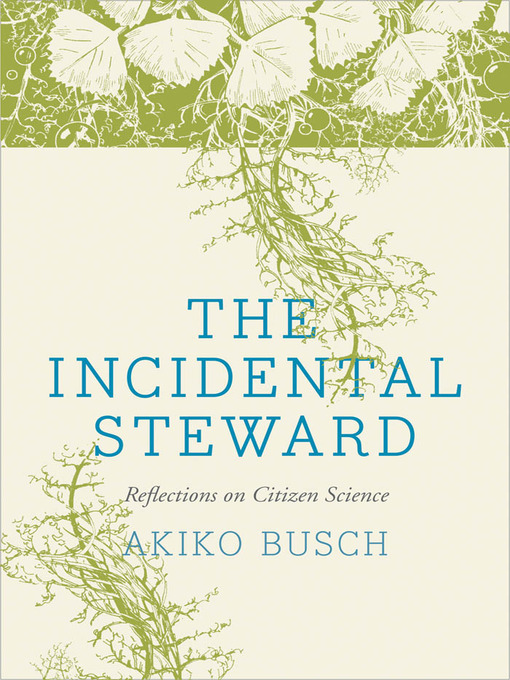A search for a radio-tagged Indiana bat roosting in the woods behind her house in New York's Hudson Valley led Akiko Busch to assorted other encounters with the natural world—local ecological monitoring projects, community-organized cleanup efforts, and data-driven citizen science research. Whether it is pulling up water chestnuts in the Hudson River, measuring beds of submerged aquatic vegetation, or searching out vernal pools, all are efforts that illuminate the role of ordinary citizens as stewards of place. In this elegantly written book, Busch highlights factors that distinguish twenty-first-century citizen scientists from traditional amateur naturalists: a greater sense of urgency, helpful new technologies, and the expanded possibilities of crowdsourcing.
The observations here look both to precisely recorded data sheets and to the impressionistic marginalia, scribbled asides, and side roads that often attend such unpredictable outings. While not a primer on the prescribed protocols of citizen science, the book combines vivid natural history, a deep sense of place, and reflection about our changing world. Musing on the expanding potential of citizen science, the author celebrates today's renewed volunteerism and the opportunities it offers for regaining a deep sense of connection to place.



